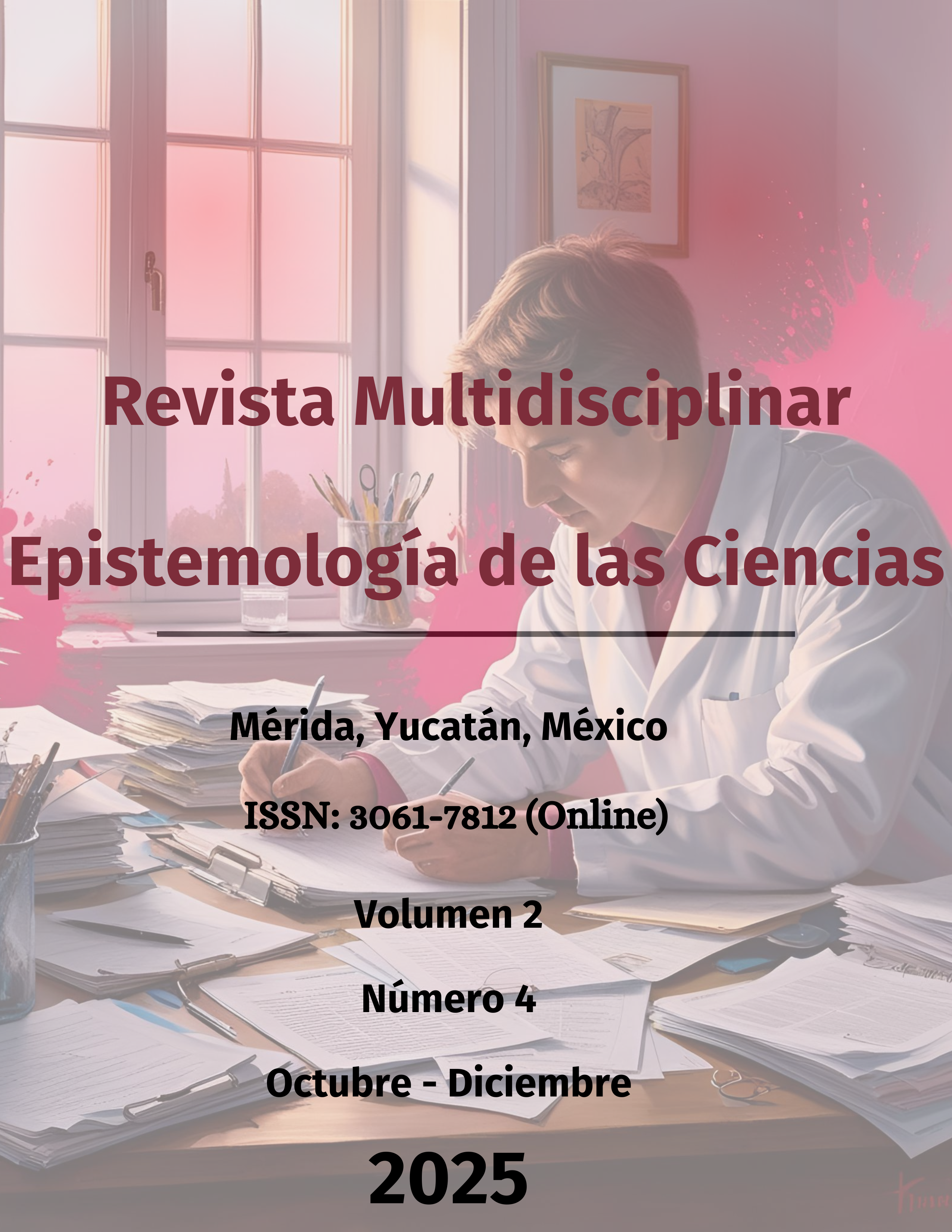Contratos inteligentes
DOI:
https://doi.org/10.71112/0kgrm341Palavras-chave:
evolución, contratos inteligentes, blockchain, comercio electrónico, tecnologíaResumo
El presente trabajo de investigación analiza el origen, estructura y aplicación de los contratos inteligentes dentro de la situación actual, y la evolución tecnológica y jurídica que tiene el blockchain. Basándose en el enfoque cualitativo y documental, se repasan los antecedentes históricos y los elementos del contrato, así como también los elementos esenciales de los contratos inteligentes. Se revisa también, la tecnología blockchain como pilar técnico, enfatizando su funcionamiento inalterable, invulnerable y seguro. Del mismo modo, se examinan sus principales aplicaciones en el sector financiero, en la administración pública, y propiedad intelectual. Por medio del análisis del ordenamiento jurídico comparado y su aplicación se puede observar que los contratos inteligentes ofrecen ventajas como automatización, optimización de costos y transparencia. La investigación concluye mostrando que existe la necesidad de adoptar un sistema normativo en el que se establezca la existencia, validez y funcionalidad de los contratos inteligentes sin que esto conlleve a desvirtuar los principios generales del Derecho contractual.
Downloads
Referências
Antonopoulos, A. M. (2017). Mastering Bitcoin: Unlocking Digital Cryptocurrencies (2ª ed.). O'Reilly Media.
Application Platform. (s. f.). Recuperado de https://ethereum.org/en/whitepaper/
Asamblea Nacional. (2021). Ley de Comercio Electrónico y Mensajes de Datos, Suplemento No. 525, del 27 de agosto del año 2021.
Asamblea Nacional del Ecuador. (2019). Código de Comercio, Suplemento del Registro Oficial No. 497; reformado el 10 de diciembre de 2020.
Buterin, V. (2014). Ethereum: A Next-Generation Smart Contract and Decentralized Application Platform. https://ethereum.org/en/whitepaper/
Código Civil. (2005). Registro Oficial Suplemento No. 46 del 24 de junio del año 2005.
De Filippi, P., & Wright, A. (2018). Blockchain and the Law: The Rule of Code. Harvard University Press. DOI: https://doi.org/10.4159/9780674985933
Mougayar, W. (2016). The Business Blockchain: Promise, Practice, and the Application of the Next Internet Technology. Wiley.
Mougayar, W. (2018). The Business Blockchain: Promise, Practice, and the Application of the Next Internet Technology. Wiley.
Reyes, C. L., Thompson, T. C., & Mills, D. (2017). Distributed ledger technology and financial regulation: The regulatory challenges of decentralized technology. University of Pennsylvania Journal of Business Law, 19(3), 267–316.
Scott, B. (2016). How Can Cryptocurrency and Blockchain Technology Play a Role in Building Social and Solidarity Finance? Working Paper. United Nations Research Institute for Social Development (UNRISD).
Szabo, N. (1994). Smart Contracts: Building Blocks for Digital Markets. Recuperado de https://nakamotoinstitute.org/smart-contracts/
Tapscott, D., & Tapscott, A. (2016). Blockchain revolution: How the technology behind bitcoin is changing money, business, and the world. Penguin.
Tapscott, D., & Tapscott, A. (2017). La revolución blockchain: Descubre cómo esta nueva tecnología transformará la economía global. Deusto. https://static0planetadelibroscommx.cdnstatics.com/libros_contenido_extra/35/34781_La_revolucion_blockchain.pdf
Tapscott, D., & Tapscott, A. (2018). Blockchain Revolution: How the Technology Behind Bitcoin and Other Cryptocurrencies is Changing the World. Portfolio.
Valencia Ramírez, J. P. (2019). Contratos inteligentes. RITI Journal, 7(14), 1–5. https://doi.org/10.36825/RITI.07.14.001 DOI: https://doi.org/10.36825/RITI.07.14.001
Werbach, K. (2018). The Blockchain and the New Architecture of Trust. MIT Press. DOI: https://doi.org/10.7551/mitpress/11449.001.0001
Downloads
Publicado
Edição
Seção
Licença
Copyright (c) 2025 Revista Multidisciplinar Epistemologia das Ciências

Este trabalho está licenciado sob uma licença Creative Commons Attribution 4.0 International License.











